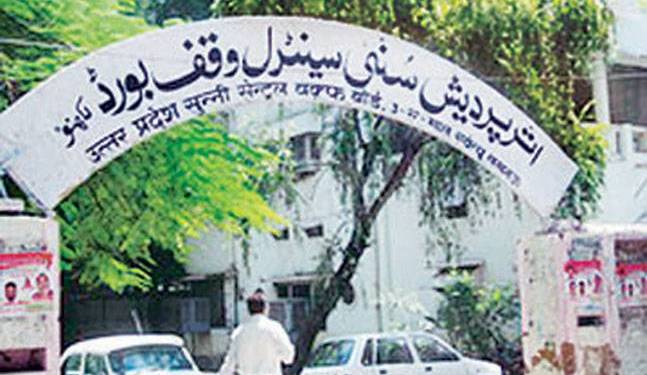A Public Interest Litigation (PIL) before a division bench of the Supreme Court consisting of Justices D Y Chandrachud and K M Joseph, has brought the issue of non-enumeration of Waqf properties worth lakhs of crores of rupees into limelight. Such non-enumeration has led to their misuse and illegal transfers to builders.
Entertaining the PIL, the apex court has now sought responses from the Minority Affairs Ministry, all states and Waqf bodies. Petitioner-advocates Rauf Rahim and Ali Asghar Rahim revealed some flummoxing statistics about the astounding value of Waqf properties, despite which states have failed to enumerate such properties.
According to the said petition, the value of Shia Waqf properties is around Rs 5,424 crore in the state of West Bengal, while that of Sunni Waqf properties in the same state is Rs. 13,126 crore.
Similarly, in the case of Karnataka, the Shia Waqf Board properties are valued at around Rs. 688 crore, while those of the Sunni Waqf Board are estimated to be a whopping Rs. 99,311 crore.
Despite the rising value of Waqf properties, the petition alleges that neither the states nor the Waqf bodies have prepared any list of the properties, or their current usage. The petition also claims that the value of the Waqf properties must be similar or maybe even higher in other states.
The Waqf Act had come into force in the year 2013 and Section 4 (1A) of the Act mandates every state government to maintain a list of Waqf properties after carrying out a Survey within one year of the Act coming into force.
However, the petition has alleged that no Waqf Board or state has complied with the provisions of the legislation.
The petitioners have also disclosed that although Section 4 (1) of the said Act makes it obligatory for the states to appoint a ‘Survey Commissioner of Waqf’ and as many Additional Survey Commissioners as the government seems fit for the purpose, even this provision has remained a dead letter.
Highlighting how the non-enumeration of Waqf properties was leading to hardships and murky transactions, the petitioners also alleged, “It has been reliably learnt that proper records of waqf properties are not maintained by the boards and several such properties have been illegally transferred by waqf board officials who are acting in concert with builders/ developers by destroying and/ or fudging records.”
Now, the petitioners have prayed the Court to order enumeration of Waqf Board properties within six months, and also prayed that the Survey for this purpose should indicate the list of properties which have been transferred in the past four decades by way of lease, sale or tenancy.
The petition has also cast aspersions about the role of Waqf boards. It states, “Waqf boards across the country are already taking huge amounts as waqf contribution (up to 7%) and yet are not following statutory requirement of surveying and enumerating the waqf properties.”
The concerns expressed by the petition are not unfounded. The fact remains that Waqf Boards have indeed proved counter-productive. According to a Reuters report, “Several state boards have been accused in recent years of selling waqf land to developers and private buyers for low rates in return for illegal kickbacks as demand for land soars.”
Minority Affairs Minister, Mukhtar Abbas Naqvi had also highlighted this issue in the year 2017. He had then said, “Ever since Wakf Boards have been set up, there has been an issue related to vacant properties being encroached upon by what I call Wakf mafia.”
Waqf Boards are one of the biggest landowners in India. According to a December 2017 report, there were five lakh registered Waqf properties across India spread over six lakh acres of land.
The value of Waqf properties runs into lakhs of crores and illegal transfers of Waqf properties to encroachers by Waqf officials expose the sheer potential of gross mismanagement in handling of Waqf properties, something that gets firmly reiterated by the present petition.

























